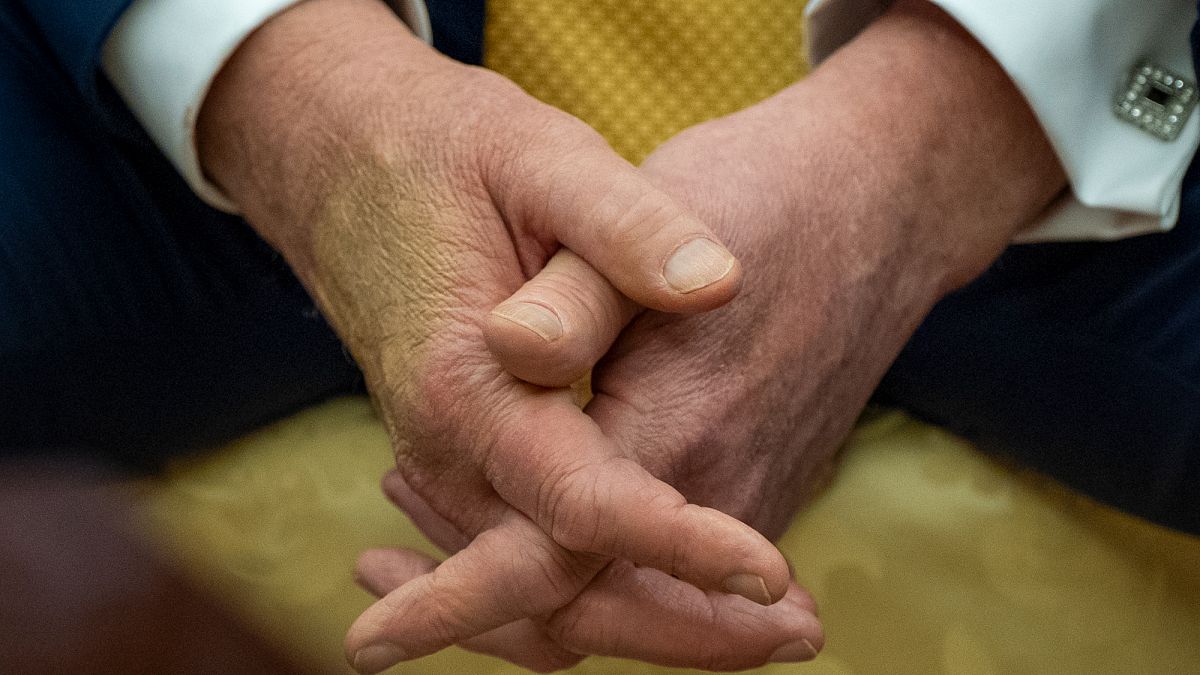

In a world where health matters remain at the forefront of global conversations, two compelling stories have recently unfolded. One centers around former President Donald Trump, diagnosed with a medical condition affecting his lower legs. The other sheds light on the plight of children in Sudan, facing a dire threat from infectious diseases amid declining vaccination rates.
Recently, the news came from the United States that former President Donald Trump has been diagnosed with chronic venous insufficiency. This condition, while common among older adults, highlights the intricate challenges faced by aging populations. The diagnosis follows concerns over former President Trump experiencing swelling in his lower legs, prompting thorough medical evaluations. Karoline Leavitt, the White House Press Secretary, clarified that this condition occurs when the valves within the veins, which normally assist in propelling blood against gravity, gradually lose their efficacy.
The announcement offers a moment to reflect on the body’s complex systems and the importance of regular health checks, particularly among senior citizens. Chronic venous insufficiency not only illustrates how our physiological functions can alter over time but also emphasizes the role of proactive healthcare in managing such conditions effectively. Despite this diagnosis, it is essential to view this with calmness, understanding that effective management and treatment options exist to address the symptoms and improve quality of life.
Meanwhile, across the globe, the situation in Sudan presents a more daunting challenge, especially for the country’s youngest citizens. The World Health Organization reports a stark decline in vaccination rates among children in Sudan, dropping from over 90% in 2022 to a mere 48% today. This significant reduction is compounded by ongoing violence and conflict, which have left the nation embroiled in what some aid organizations describe as the world’s largest humanitarian crisis.
As conflict persists, the infrastructure necessary for healthcare and immunization efforts has been severely compromised. This has left children exceedingly vulnerable to diseases that are preventable under normal circumstances. As global immunization campaigns struggle to regain momentum post-pandemic, the situation in Sudan underscores the fragility of healthcare systems in regions plagued by unrest. The dedication and resilience of healthcare workers and relief organizations in such challenging environments highlight an admirable effort toward preserving life and preventing a deeper crisis.
The juxtaposition of these two stories serves as a powerful reminder of the diverse health challenges facing individuals and communities worldwide. They underscore the critical importance of continued support for medical research, healthcare accessibility, and humanitarian aid. Whether through addressing individual health concerns in the West or confronting systemic health crises in conflict-stricken regions, the common goal remains the enhancement of health and well-being for all.
As we navigate these stories, it is crucial to maintain hope and optimism, recognizing our collective potential to bring about positive change. These narratives encourage reflection on how interconnected our world is and remind us of the shared responsibility in nurturing the health of our global community. Through understanding, compassion, and collaborative efforts, we can strive to overcome these health challenges and work towards a healthier, more secure future for everyone.
Source: {link}
